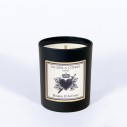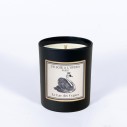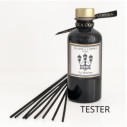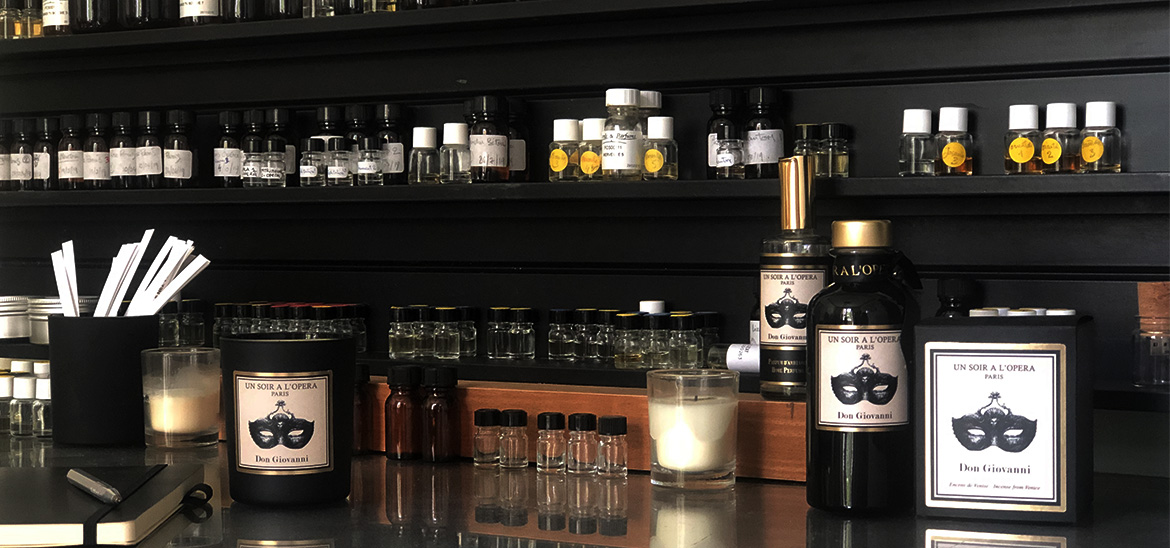What are the different types of waxes available in the scented candle market:
- 100% vegetable wax - a blend of exclusively vegetable waxes without paraffin.
- Vegetable wax - a blend of vegetable waxes and paraffin (typically 70% paraffin and 30% vegetable).
- Paraffin wax - Paraffin is derived from crude oil. It is obtained through the refining of crude oil, making it a fossil-based wax.
- Stearin wax - also known as stearic acid, is a white, waxy, and solid material derived from animal or vegetable fats.
Our choice has been 100% vegetable wax, following a wax blend carefully crafted to optimize burning and fragrance diffusion:
- Eco-friendly: Vegetable waxes are renewable and biodegradable, making them more environmentally friendly than synthetic waxes or those derived from non-renewable resources.
- Health: Candles made from vegetable wax typically do not release toxic chemicals when burned, contributing to better indoor air quality.
- Longevity: Vegetable waxes tend to burn more slowly and last longer than synthetic waxes, resulting in longer burn times for vegetable-based candles.
- Enhanced Fragrance Diffusion: Vegetable waxes have the ability to absorb and disperse fragrances more efficiently, providing a more intense and pleasing olfactory experience.
- Ethical Production: Vegetable waxes are often produced in an ethical manner, meaning they are sourced without harming the environment or local communities.
In summary, candles made from 100% vegetable wax are an environmentally friendly, healthy, and sustainable choice, offering a high-quality burning experience and efficient fragrance diffusion. They are becoming increasingly popular among eco-conscious and health-conscious consumers."






